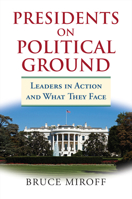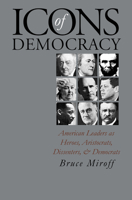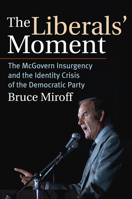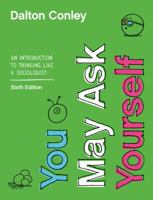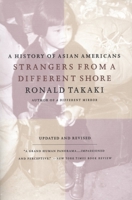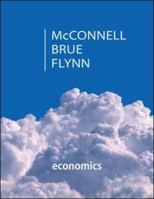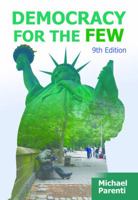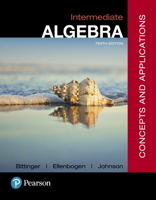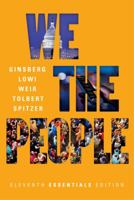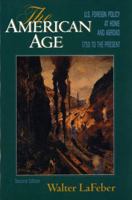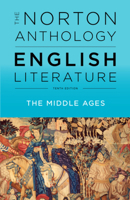Meine Beobachtungen, Bestrebungen Und Schicksale Während Meines Aufenthalts Im Kanton Zürich Vom Jahr 1825 Bis 1839: Das Jahr 1839 Und Seine Nächsten Folgen, Volume 4...
Select Format
Select Condition 
More by Bruce Miroff
Book Overview
This is a reproduction of a book published before 1923. This book may have occasional imperfections
such as missing or blurred pages, poor pictures, errant marks, etc. that were either part of the original artifact,
or were introduced by the scanning process. We believe this work is culturally important, and despite the imperfections,
have elected to bring it back into print as part of our continuing commitment to the preservation of printed works
worldwide. We appreciate your understanding of the imperfections in the preservation process, and hope you enjoy this valuable book.
++++
The below data was compiled from various identification fields in the bibliographic record of this title. This data is provided as an additional tool in helping to ensure edition identification:
++++
Meine Beobachtungen, Bestrebungen Und Schicksale W hrend Meines Aufenthalts Im Kanton Z rich Vom Jahr 1825 Bis 1839: Das Jahr 1839 Und Seine N chsten Folgen, Volume 4; Meine Beobachtungen, Bestrebungen Und Schicksale W hrend Meines Aufenthalts Im Kanton Z rich Vom Jahr 1825 Bis 1839: Das Jahr 1839 Und Seine N chsten Folgen; Ignaz T. Scherr
Ignaz T. Scherr
Scheitlin, 1840
such as missing or blurred pages, poor pictures, errant marks, etc. that were either part of the original artifact,
or were introduced by the scanning process. We believe this work is culturally important, and despite the imperfections,
have elected to bring it back into print as part of our continuing commitment to the preservation of printed works
worldwide. We appreciate your understanding of the imperfections in the preservation process, and hope you enjoy this valuable book.
++++
The below data was compiled from various identification fields in the bibliographic record of this title. This data is provided as an additional tool in helping to ensure edition identification:
++++
Meine Beobachtungen, Bestrebungen Und Schicksale W hrend Meines Aufenthalts Im Kanton Z rich Vom Jahr 1825 Bis 1839: Das Jahr 1839 Und Seine N chsten Folgen, Volume 4; Meine Beobachtungen, Bestrebungen Und Schicksale W hrend Meines Aufenthalts Im Kanton Z rich Vom Jahr 1825 Bis 1839: Das Jahr 1839 Und Seine N chsten Folgen; Ignaz T. Scherr
Ignaz T. Scherr
Scheitlin, 1840
Format:Paperback
Language:German
ISBN:1274806429
ISBN13:9781274806420
Release Date:February 2012
Publisher:Nabu Press
Length:170 Pages
Weight:0.69 lbs.
Dimensions:0.4" x 7.4" x 9.7"
You Might Also Enjoy
Customer Reviews
5 customer ratings | 5 reviews
There are currently no reviews. Be the first to review this work.











![Paperback Meine Beobachtungen, Bestrebungen Und Schicksale W?hrend Meines Aufenthalts Im Kanton Z?rich Vom Jahr 1825 Bis 1839: Das Jahr 1839 Und Seine N?chsten [German] Book](https://i.thriftbooks.com/api/imagehandler/m/FE9394FF6C4E04A6D9F5BF94EE20C84BA3E1161F.jpeg)



